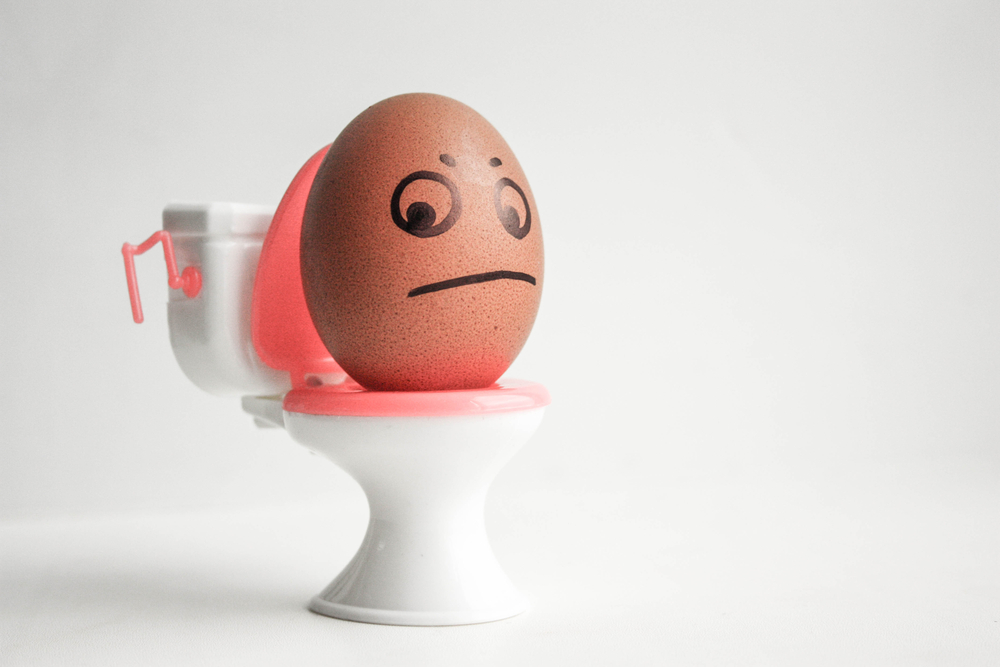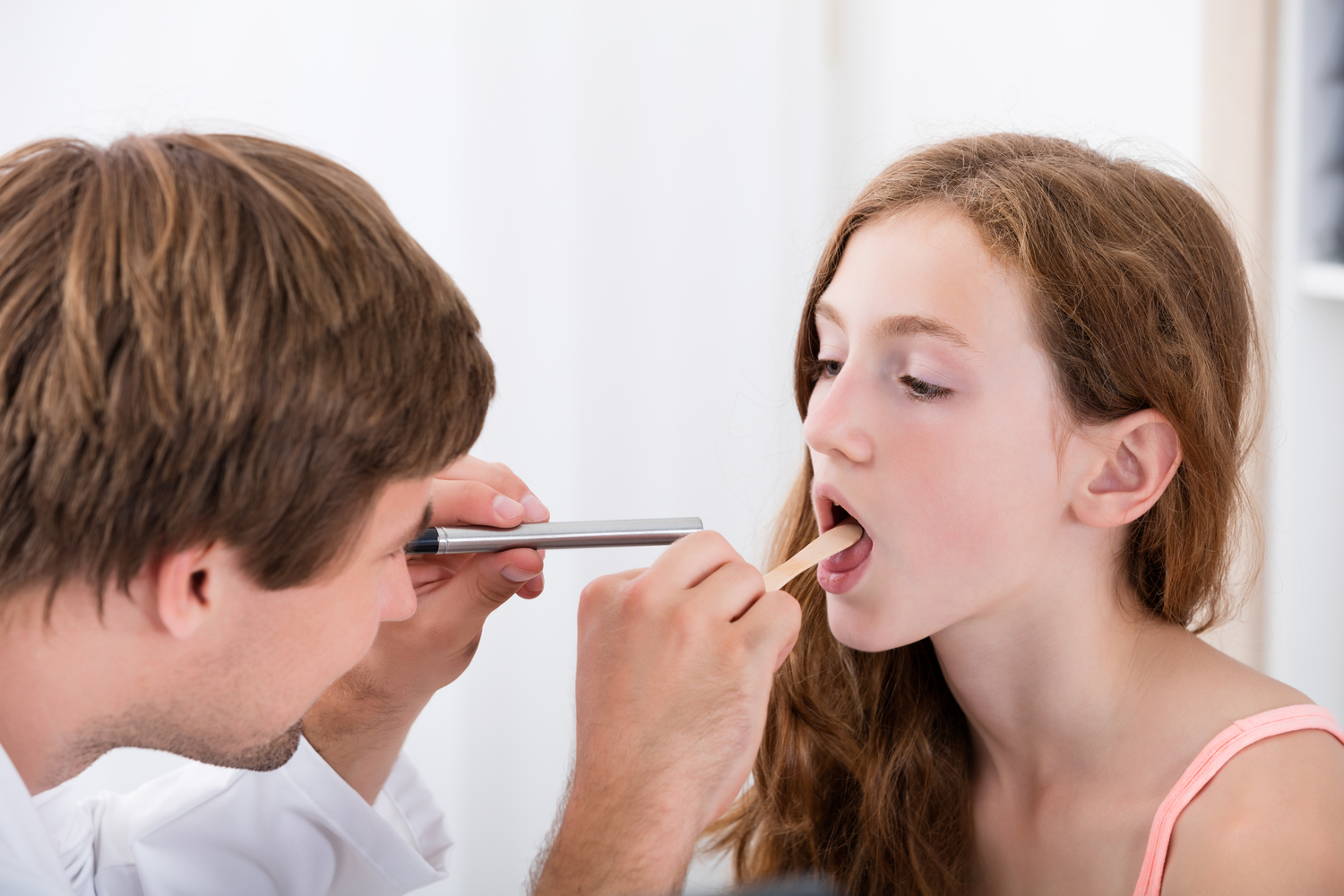Understanding Black Stool: Causes, Symptoms, and Solutions
Learn about the various causes of black stool, including dietary factors, medication effects, and serious health conditions like ulcers and cancer. Recognizing symptoms and understanding diagnostic procedures are crucial for timely treatment. If you notice black or tarry stools along with other symptoms, consult your doctor promptly to determine the underlying cause and receive appropriate care.

Understanding Black Stool: Causes, Symptoms, and Solutions
Black Stool Overview: Symptoms, Causes, and Treatment Options
While black stool might not always signal a serious health issue, it’s essential to understand its possible origins. Iron supplements can darken stool, and similar discoloration might result from gastrointestinal bleeding or injury. Symptoms include dark or tarry-looking stool, often accompanied by other symptoms depending on the cause. Although many causes are benign, prompt medical evaluation is advisable to rule out serious conditions like ulcers, bleeding, or cancer. Timely consultation with a healthcare provider is recommended whenever black stool appears.
Common causes of black stool
Increased intake of iron supplements can lead to darkened stool.
Gastrointestinal conditions such as ulcers, irritations, or gastritis may cause bleeding that results in black, tarry stools. Blood mixing with digestive fluids causes this appearance.
Medication use, especially those containing bismuth, can cause stool discoloration.
Serious health conditions linked to black stool
Severe issues like bowel ischemia, vascular malformations, or varices may be responsible for black stool, indicating underlying vascular problems.
If stool appears more red or bloody, bleeding likely originates from the lower digestive tract, such as rectal or anal veins.
Persistent or significant bleeding can sometimes be a sign of colorectal cancer, warranting immediate medical attention.
Less severe causes include hemorrhoids or swollen veins in the rectum that may bleed under pressure.
Dietary factors causing dark stools
Foods like black licorice, blueberries, dark chocolate cookies, beets, and red gelatin can temporarily darken stool color.
Important facts about black stools
Dark stool may result from eating certain foods or taking iron supplements.
Ulcers or bleeding sites in the digestive tract are common triggers for black stool.
When stool turns black due to blood, it suggests upper gastrointestinal bleeding.
If symptoms include pain, vomiting, fever, or diarrhea along with black stool, seek medical help immediately.
Diagnosing blood in stool
Color alone isn’t enough to identify bleeding; diagnostic tests are necessary.
Stool tests detect hidden blood, and imaging techniques like CT scans or MRIs can evaluate blood flow and tissue health.
A colonoscopy provides direct visualization of the colon to identify bleeding sources or abnormalities.
Managing black stool symptoms
Appropriate treatment depends on the underlying diagnosis.
Cancer-related causes may require medication, surgery, or other oncology treatments.
Vascular issues or blockages might need surgical intervention.
Loss of significant blood can lead to anemia, needing medical correction.
Presence of polyps or suspicious lesions necessitates tailored treatment, which could include surgery, chemotherapy, or immunotherapy, depending on severity and patient health.
Note:
The information shared here is for educational purposes and based on reputable research. It is not a substitute for medical advice. Always consult a healthcare professional for accurate diagnosis and treatment. The website is not responsible for inaccuracies or variations in data across different sources, nor for unlisted health schemes or offers.










